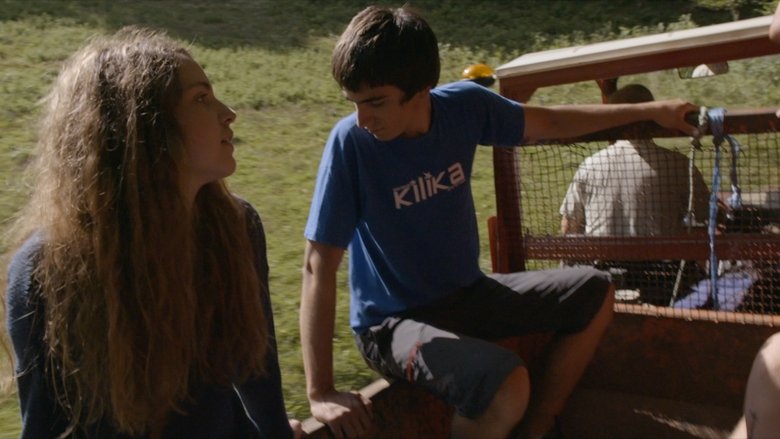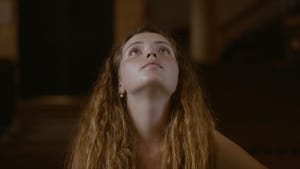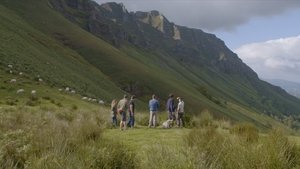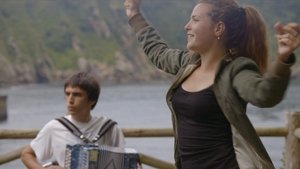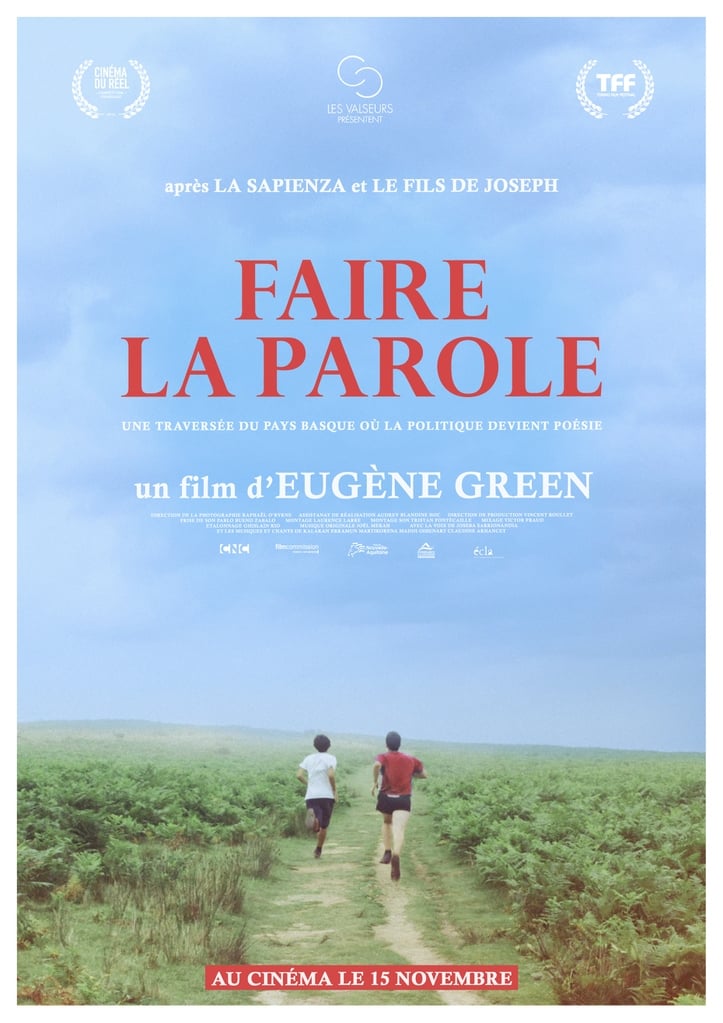
Opening with the testimony of a politically exiled Basque author reminiscing on a childhood where he was forced to “hide his language as something ugly”, Faire la parole then keeps apace with some young people from the French and Spanish Basque Country: Nora, who saw the newspaper where she worked closed by the Guardia Civil in 2003, then Aitor, Ana and Ortzi. The last three, still teenagers, lend a summery and easy-going tone to the film, which is magnificently framed by Eugène Green’s long-time cameraman, Raphael O’Byrne. The dialogue that settles in between the younger members and those in their thirties has a rare quality, as if the difference of language – which each has had to impose on their family or on their national entourage – had almost tacitly created a secret community. Starting with the political stakes (regional languages versus centralism), the story hikes over the mountains with these new friends brought together by the filmmaker.
